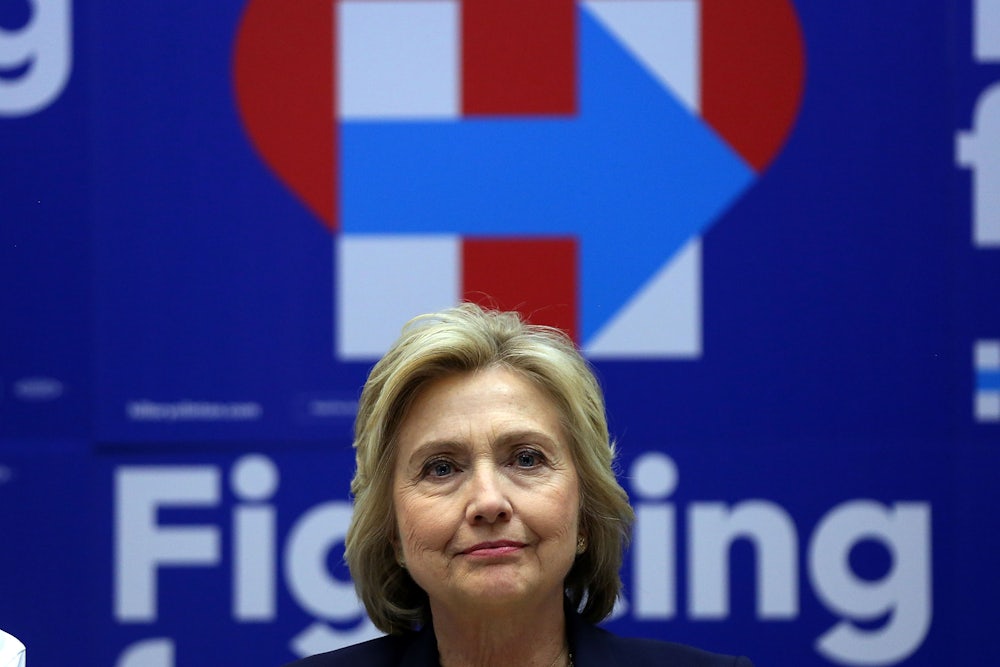There has been a lot of discussion recently about the Democratic Party’s attitude toward the plight of these voters, many of whom are gravitating toward Donald Trump. George Packer, writing in The New Yorker, says liberals’ emphasis on identity politics “comes with an aversion toward, even contempt for, their fellow-Americans who are white and sinking.” He concludes, “[T]he Democratic nominee can’t afford, either politically or morally, to write off those Americans. They need a politics that offers honest answers to their legitimate grievances and keeps them from sliding further into self-destruction.”
The Washington Post reports today that the likely Democratic nominee isn’t writing them off at all. To the contrary, Clinton’s team is worried that Trump could make inroads with these voters in Pennsylvania, Wisconsin, and Michigan, and is taking action to safeguard the Democratic Party’s traditional advantages in those states. While Clinton has been criticized for her past support of trade deals that have been blamed for gutting the manufacturing industry in the upper Midwest, she intends to highlight her support for unions, a higher minimum wage, and greater government investment in job creation. “From a straight-up policy perspective, Donald Trump is on exactly the wrong side of issues for a lot of people who are turning up and supporting him,” one Democrat tells the Post.
This is true. On a level of economic policy, the Democrats are offering these voters much more than the Republicans, even when their nominee is an ideologically heteredox figure like Trump.
But of course this is not only about economics. This is about a whole constellation of issues that revolve around the question of culture. As the likely Democratic nominee, Clinton is committed to certain values—imposing tougher gun laws, proactively addressing inequality between the races and the sexes, granting citizenship to undocumented immigrants—that many of Trump’s white working class voters simply oppose. There was a time, not so long ago, when a national Democratic politician could have plausibly courted these voters from a cultural angle, but not anymore, and most Democrats tend to see that as a sign of progress.
So the question is, what else can Democrats do to appeal to these Trump-curious voters without sacrificing the values that increasingly define them as Democrats? There just doesn’t seem to be a whole lot.
